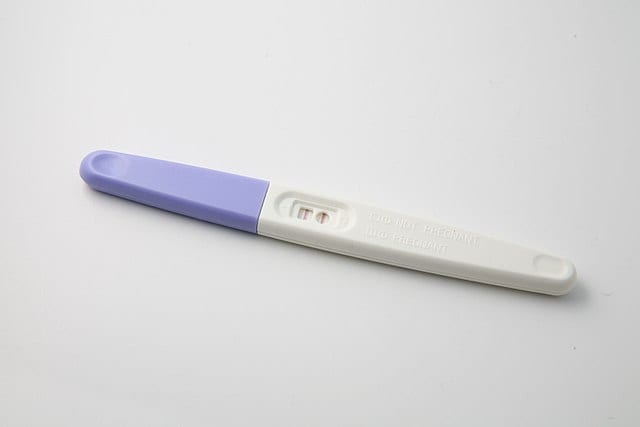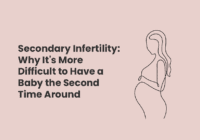Starting your journey to parenthood is always a learning curve. Patients who seek fertility treatments are often surprised about how much they didn’t know about reproductive health.
Due to a lack of fertility curriculum in sex education and media stereotypes about conception and pregnancy, many people don’t know the intricacies of fertility science. In fact, many people mistake common fertility myths for facts.
Be sure to remember: educating yourself about your reproductive health from trusted resources is one of the best decisions you can make for yourself and your family.
If you want to take the guesswork out of debunking the most common fertility myths, take our quiz below.

Women under 30 don’t need to worry about fertility issues.
Although age is one of the leading causes of women’s infertility, there are still women who experience fertility issues in their twenties. Sixteen percent of women in the U.S between the ages of 20 and 29 are infertile, according to a 2012 study by the American Society of Reproductive Medine. Your twenties are still the best age for conceiving and having a healthy pregnancy and birth.

Using oral hormonal contraceptives to skip your period doesn’t affect your chances of conceiving in the future.
You won’t get your period if you skip the sugar pills in your monthly birth control pack. It is safe to use oral hormonal contraceptives to skip your periods, and it won’t cause any harm.

It’s safe for women to drink one cup of coffee daily if they’re trying to conceive.
You don’t need to cut out your morning cup of joe just yet. According to Health Canada, it’s still safe for women to drink up to two cups of coffee (300 milligrams of caffeine) if they’re trying to conceive or are already expecting.

Women ovulate on the 14th day of their cycle.
Every woman’s menstrual cycle is different. Ovulation typically occurs 12 to 14 days before your expected period; however, a healthy menstrual cycle can range between 21 and 35 days. This is why understanding your menstrual cycle and your fertile window (the time you ovulate each month) is essential if you’re trying to conceive.

Experiencing regular periods means you’re more fertile.
While experiencing regular, normal-length periods can be a good indicator that your body is working normally, it doesn’t guarantee regular ovulation. Research states anovulation, (when the body goes through a menstrual cycle but without the ovaries releasing an egg), can be related to stress via changes in hormonal patterns.

Loose-fitting underwear is better for men’s sperm production.
Men who wear boxers are more likely to have a significantly higher sperm concentration and sperm count than men who don’t. A 2018 study by Harvard University found that wearing briefs or jockey underwear can inhibit the production of sperm.

A previous abortion affects a woman’s fertility.
Research suggests that having had a previous surgical or medical abortion does not decrease your chance of becoming pregnant and having a normal pregnancy in the future. Abortions are a safe and very low-risk medical procedure.

Women need to raise their feet in the air after sex to increase their chance of conceiving.
We’ve all heard that women trying to conceive should lie down on their backs with their feet in the air after sex. However, there is no evidence to show that raising your hips or feet in the air helps sperm reach the cervix.
Were you surprised to learn the truth about these popular fertility myths? Are you interested in learning more about your own fertility?
Although learning about fertility science is helpful, only a fertility specialist can give you personalized fertility advice tailored to your health. Download our patient form and book your first appointment today.






